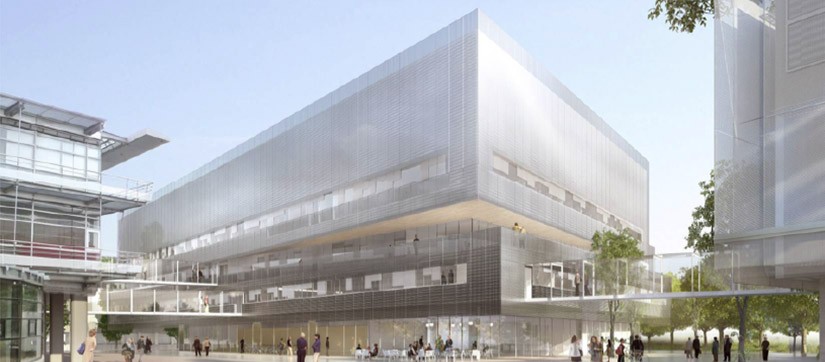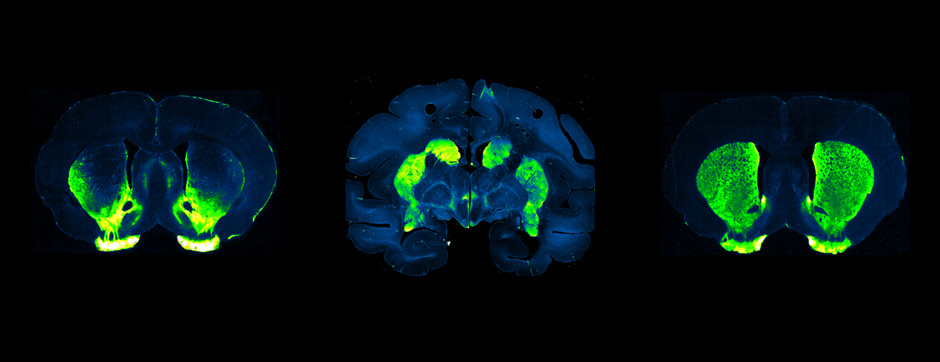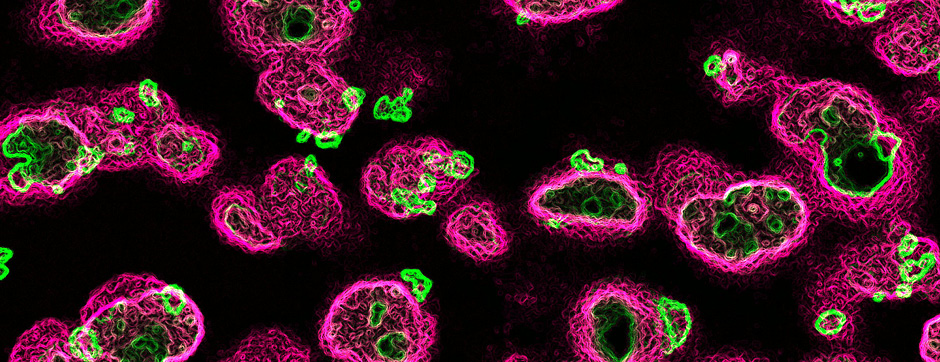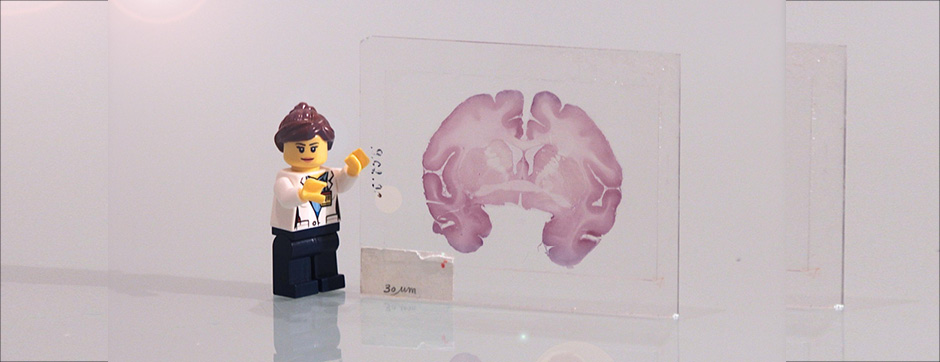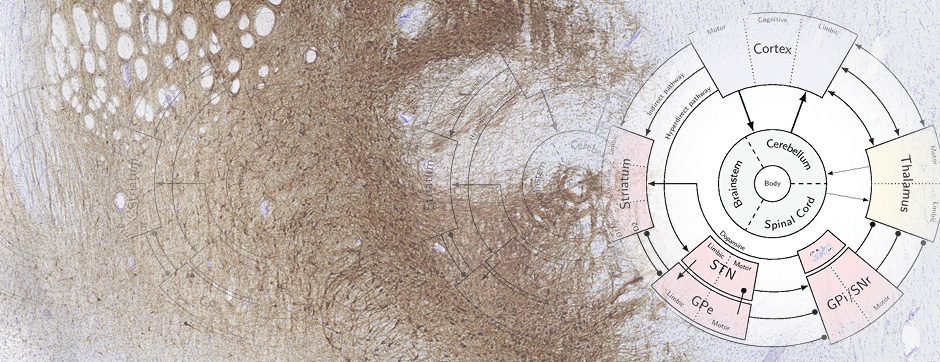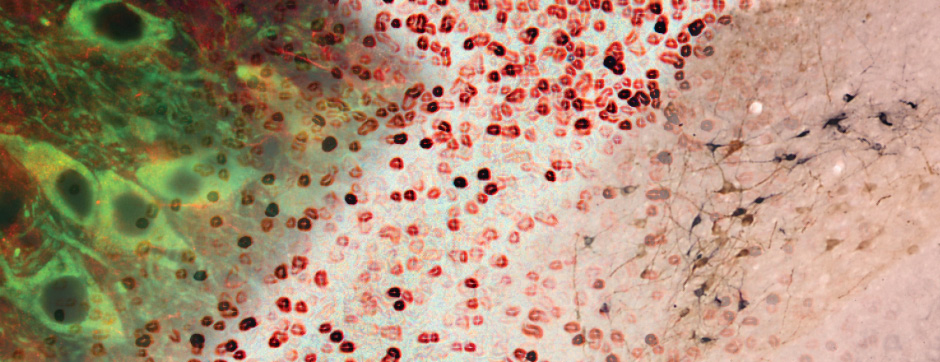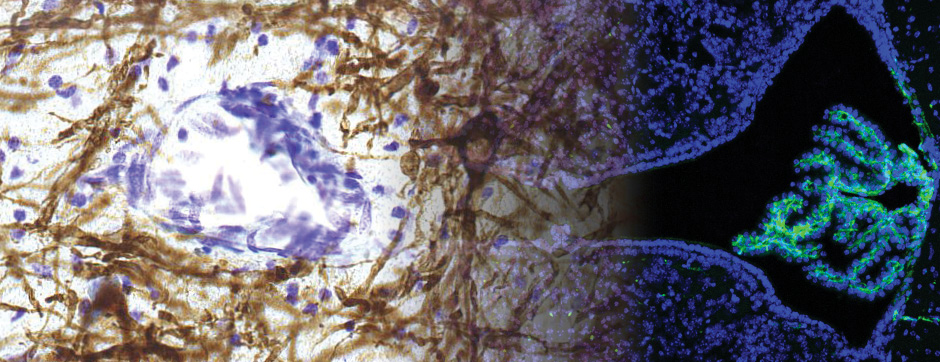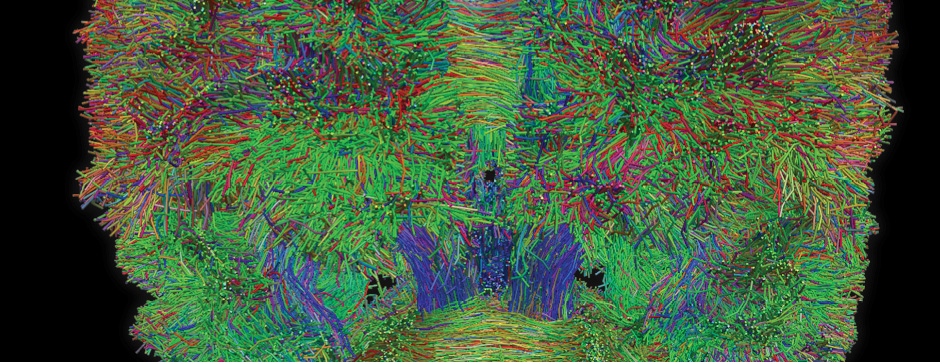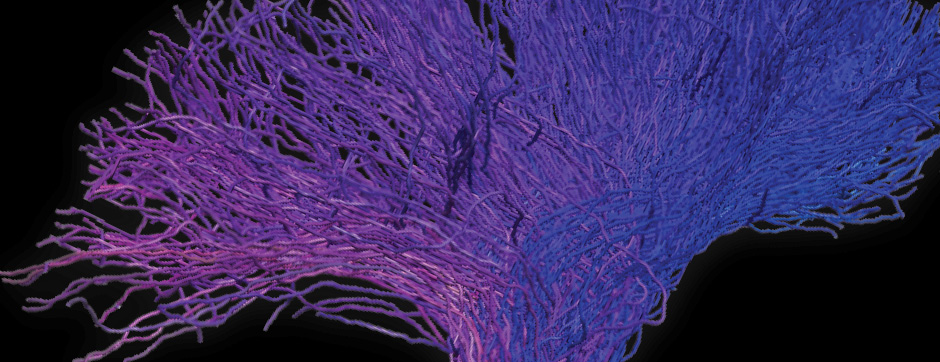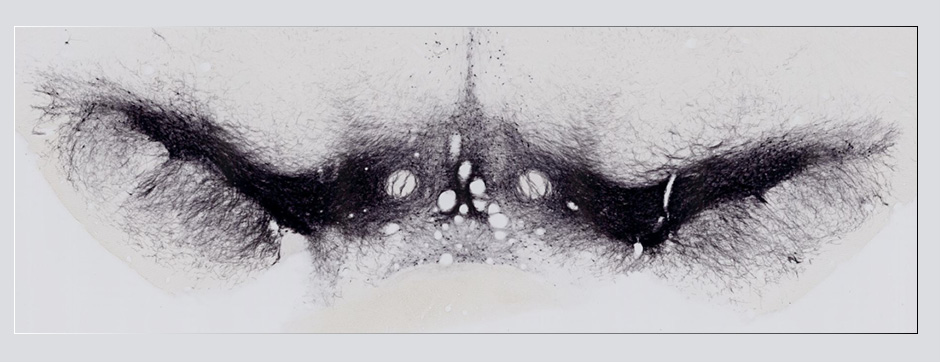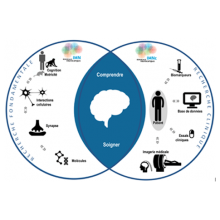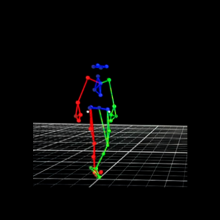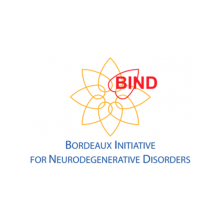Institut des Maladies Neurodégénératives Clinique
AURIACOMBE Sophie (Physician) BENDETOWICZ David (Physician, Post-doctoral researcher) BORAUD Thomas (Physician/Researcher) BURBAUD Pierre (Professor of Neurology/Researcher) COURTIN Edouard (Physician) CUNY Emmanuel (Professor of Neurology/Researcher) DAMON-PERRIERE Nathalie (Physician) FOUBERT-SAMIER Alexandra (Physician/Researcher) GUEHL Dominique (Professor of Neurology/Researcher) LAURENS Brice (Physician) PLANCHE Vincent (Professor of Neurology/Researcher) PERON-BONNEVAUX Julie (Physician) SARRABERE Jade (Clinical Manager) TISON François (Professor of Neurology/Researcher) VERGNET Sylvain (Physician) WEI HO Lai (Physician) AUGIRON Pauline (Neuropsychologist) AUZOU Nicolas (Neuropsychologist) BONNET Marie (Neuropsychologist) LAZERAS Chloé (Neuropsychologist) LE TAILLANDIER DE GABORY Isabelle (Orthophonist) DUPOUY Sandrine (Clinical Research Assistant) DURAND Emmanuelle (Clinical Research Assistant) ERRAUD Julie (Project Manager) MICHEL Pascale (Clinical Research Assistant) VILLARS Sandrine (Clinical Research Assistant bioexpert) SAULNIER Tiphaine (Post-Doctoral Researcher)
For any further information, please contact Prof. Vassilios Meissner
Research subject
The clinical branch of the Institute of Neurodegenerative Diseases (IMNc) combines patient care (Expert Center for Parkinson’s disease, Dementia Clinic, French Reference Centre for Multiple System Atrophy, Competence Centre for Rare Dementia, Competence Centre for Tourette Syndrome) and clinical research in the fields of neurodegenerative diseases and movement disorders. This close proximity between care and research optimizes the translation from care to clinical research, which allows:
- To potentiate academic and industrial research,
- To increase the capacity for promotion, inclusion potential and leadership in multicenter trials,
- To create an “incubator” in an optimized translational environment for the development of innovations based on the transfer of fundamental knowledge,
- To develop clinical research projects common to impaired cognition (Alzheimer’s disease and related disorders) and motor control (Parkinson’s disease and related disorders).
IMNc team has become the cornerstone of the Bordeaux Initiative for Neurodegenerative Disorders (BIND), the center of excellence in the field of neurodegenerative disorders (label obtained in 2015). BIND is one of the 7 French centers of excellence that features over 59 multi-disciplinary teams. It aims at bounding multiple disciplines and neurodegenerative diseases, along a continuum from preclinical to clinical research to improve care provision. This patient-centered, centripetal and transdisciplinary initiative for neurodegenerative diseases relies on a core of recognized excellence and promotes links with other disciplines. In addition, IMNc is partner of the SHIVA project (Stopping cognitive decline and dementia by fighting covert cerebral small vessel disease) that was awarded a prestigious academic-industry partnership RHU grant by the French Health University Hospital Research Program in 2019.
Research axes
The first research axis investigates the pathophysiology of movement disorders and neurodegenerative diseases, with emphasis on dystonia, Tourette syndrome, gait and tremor using both imaging and electrophysiological technics. The analysis of brain activity recordings from tremor patients receives particular attention within this axis for the development of innovative closed-looped deep brain stimulation techniques.
The second research axis investigates the natural history of neurodegenerative disorders, identifies determinants of prognosis, survival and health-related quality of life, and assesses potential diagnosis and prognosis biomarkers (e.g., imaging, biofluids, prediction of eye tracking abnormalities on future dementia) by taking advantage of several well-characterized prospective clinical cohorts. The well-characterized clinical cohorts also serve for studying the pathophysiology (e.g. brain imaging patterns of specific clinical features). The local biofluid and imaging collection provides instrumental resources for the biomarker development program.
The third research axis capitalizes upon the long-standing expertise of IMNc investigators in conducting clinical intervention trials. This research axis puts emphasis on the refinement of clinical assessment tools and the development of diagnosis and prognosis biomarkers. The investigators of the IMNc research team lead or contribute to numerous academic and industry-sponsored multi-center trials. In addition, and in light of the many challenges disease-modifying trials are facing in neurodegenerative disorders, the team focuses on complementary medicine and the development of non-pharmacological interventions (mindfulness, psychosocial supports, care by specialized teams, …).
More informations : www.imnc-bordeaux.org

